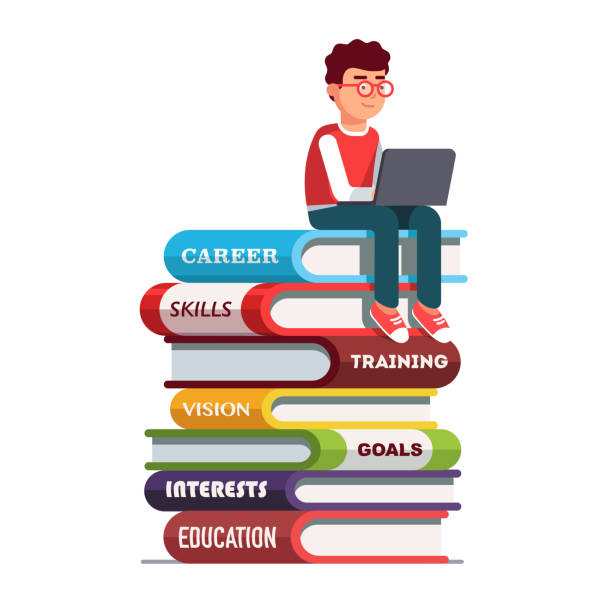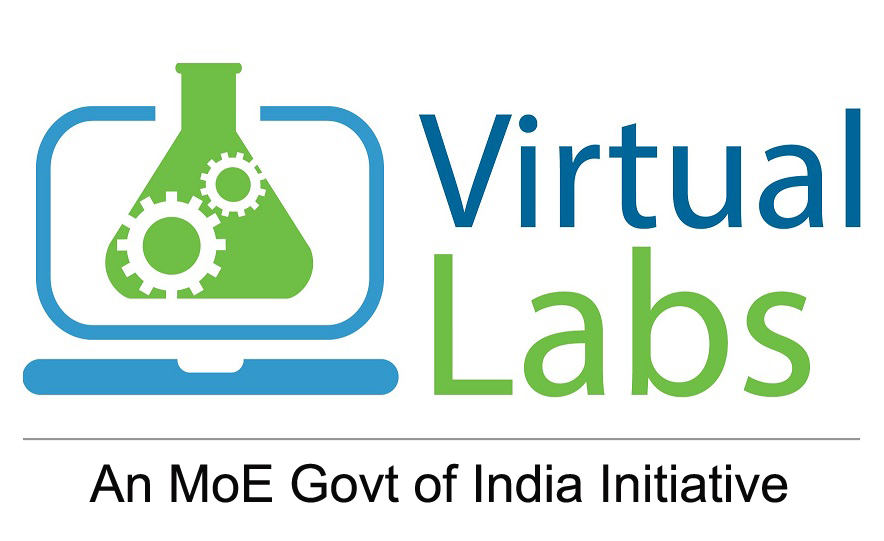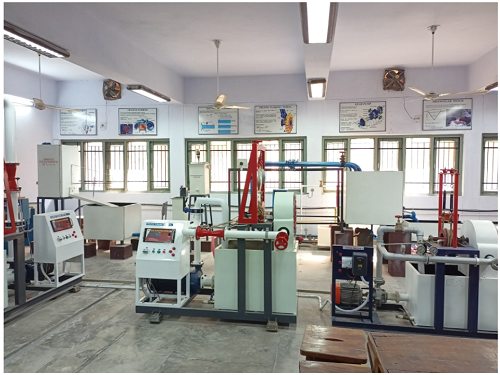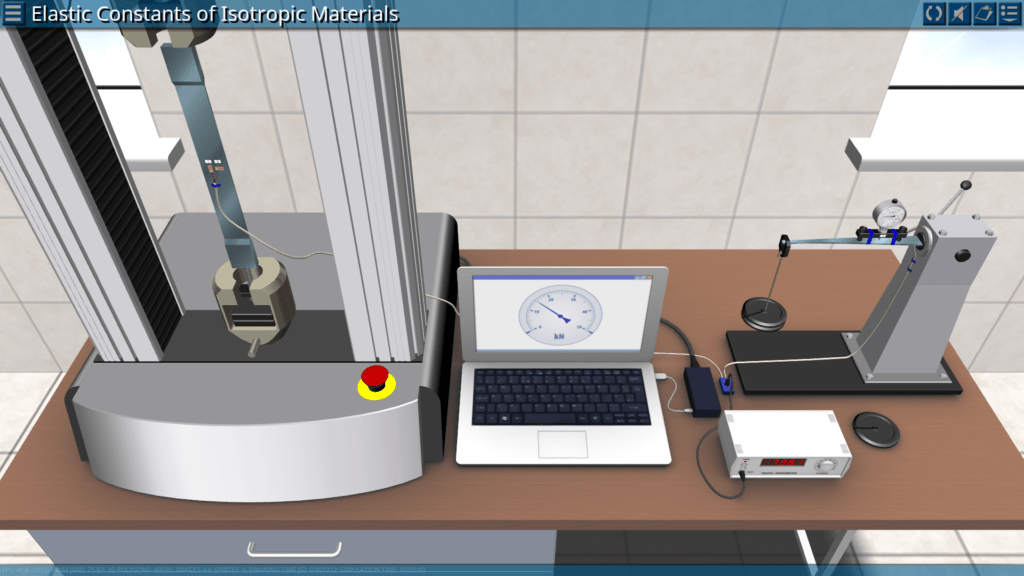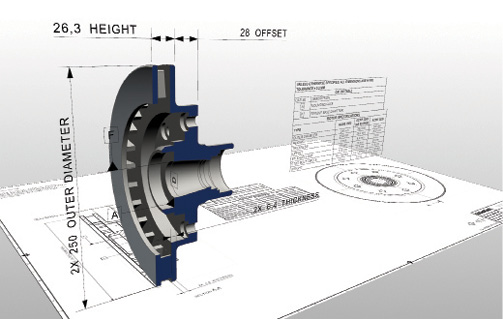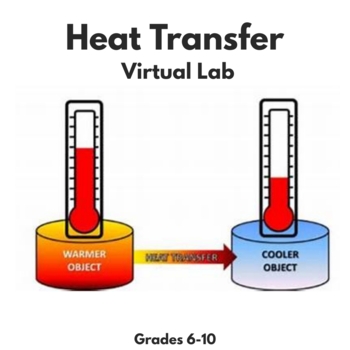Programme Importance
- 01. The current era is experiencing a remarkable progression in technology and swift transformations in work practices throughout various industries. This has significantly influenced the employment market and led to increased intricacy in managing tasks. As a result, jobs are becoming more reliant on specialised skills.
- 02. In today's context, industries anticipate that new hires have practical skills, while many young individuals and job seekers have primarily acquired theoretical knowledge through traditional education systems.
- 03. As a result, collaborations between universities and industries are essential for working professionals to continue their education so that they can bridge the gap between academic and industry requirements. Additionally, the newly announced education policy by the Ministry of Education (MOE) emphasises the need to develop pedagogies for continuing education in the field of engineering as well, that integrate with the industry and provide practical experience, ensuring that students are ready for the workforce upon completion of their learning programs.
- 04. Shri Venkateshwara University has introduced engineering courses under School of Engineering (SOE) in the flexible time shifts which are thoughtfully crafted to emphasise industry practices and tailored to work requirements. The program provides learners with opportunities to bridge the gap between theory and practical applications within their workplace.
- 05. The programs offered by the School of Engineering (SOE) for working professionals are designed to cater to the upskilling needs of industry professionals, offering chances to engage with local industries and industry mentors. This helps students prepare academically while gaining exposure to industry practices.
- 06. The SOE's learning pedagogy is based on the concept of learning by doing. This enables students to identify their learning needs, which they can later share with academic resources available at the university and discuss with experts from collaborative industries.
- 07. Internships and on-the-job training are essential components that facilitate the acquisition of skills and knowledge necessary to succeed in competitive job markets. Consequently, SOE offers a vast array of opportunities to learn new concepts with the latest IT tools and practices utilised in various industries, while also exposing students to emerging trends and global practices.
- 08. SOE adopts a blended approach to work-integrated learning, which is carried out with the same level of rigour as on-campus programs. It comprises a significant component of synchronous instruction and utilises the latest educational technologies.
Your Future,Our Mission
 Access to continuing higher education in engineering with job.
Access to continuing higher education in engineering with job. " Learning in flexible time shifts”.
" Learning in flexible time shifts”. Experiential Learning.
Experiential Learning. Mentorship by Academic & Industry Professionals.
Mentorship by Academic & Industry Professionals. Industry Oriented Curriculum.
Industry Oriented Curriculum. Regular assessment.
Regular assessment. Project Work/Dissertation.
Project Work/Dissertation.
Why this programme?
 Develop awareness of current industrial issues & relevant global challenges.
Develop awareness of current industrial issues & relevant global challenges. Develop leadership qualities with enhanced knowledge of the domain.
Develop leadership qualities with enhanced knowledge of the domain. Develop multiple perspectives & a pluralistic approach.
Develop multiple perspectives & a pluralistic approach. Participate in Applied Research Projects.
Participate in Applied Research Projects. Develop entrepreneurship behaviour.
Develop entrepreneurship behaviour. First-hand exposure to industry practices.
First-hand exposure to industry practices.

